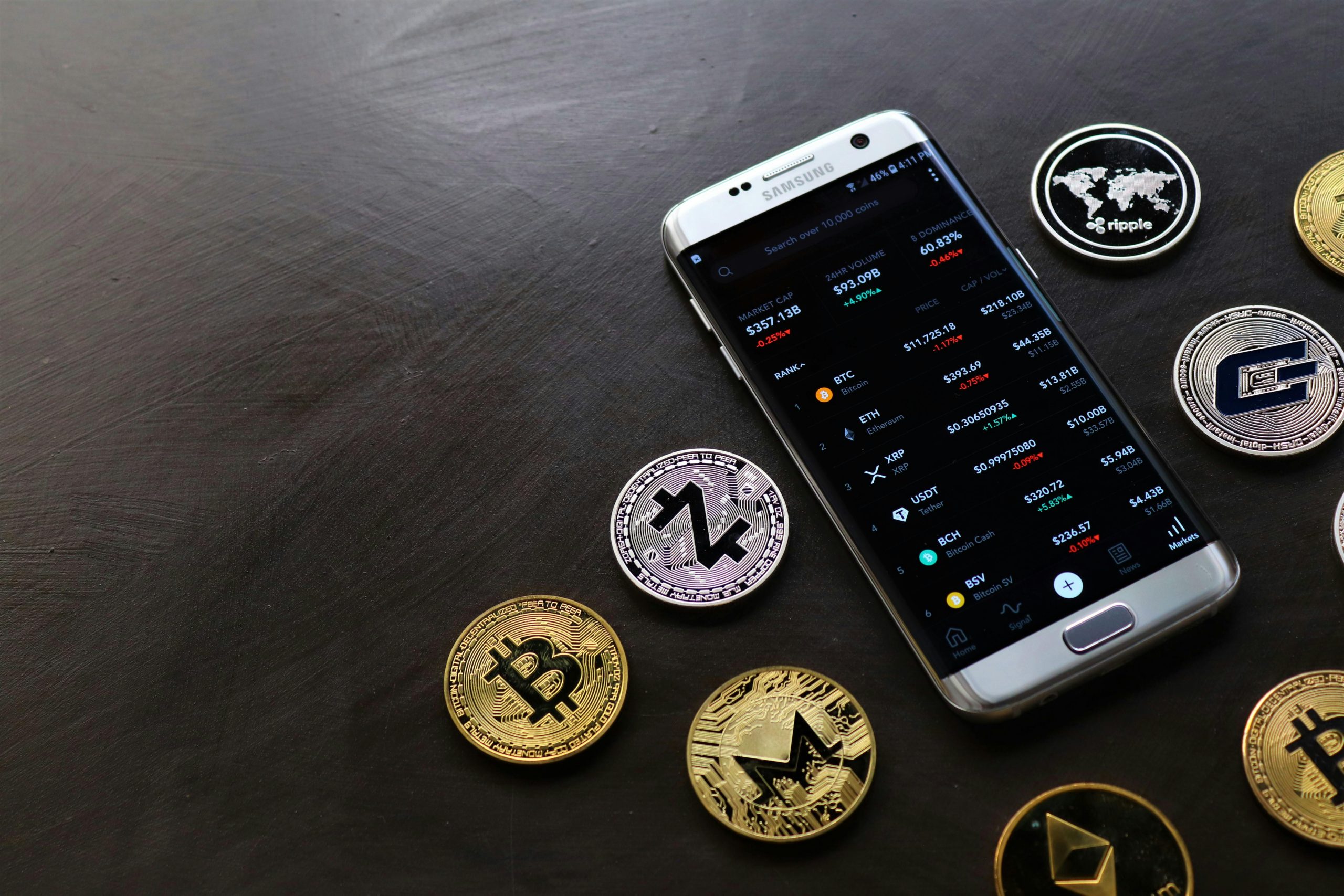Mobile apps have become an integral part of our daily lives, handling everything from banking and shopping to social interactions and health tracking. However, as our reliance on mobile apps grows, so do the risks of data breaches, identity theft, and privacy violations. In 2024, securing your data on mobile apps is more critical than ever. Whether you’re a casual user or a business professional, these essential tips will help you protect your sensitive information from cyber threats.
1. Download Apps Only from Trusted Sources
One of the easiest ways to compromise your data is by downloading apps from untrusted sources. Malicious apps often mimic legitimate ones to trick users into installing them. To minimize risks:
- Stick to official app stores: Google Play Store and Apple App Store have stringent security measures to detect and remove harmful apps.
- Check app reviews and ratings: Look for apps with high ratings and read user reviews to spot potential red flags.
- Verify the developer: Ensure the app is developed by a reputable company or individual with a track record of trustworthy apps.
By being selective about where you download apps, you significantly reduce the chances of installing malware or spyware on your device.
2. Review App Permissions Carefully
Many apps request permissions that go beyond their core functionality, potentially exposing your data unnecessarily. For example, a flashlight app shouldn’t need access to your contacts or location. To safeguard your privacy:
- Audit permissions regularly: Go to your device settings and review which permissions each app has. Revoke any that seem excessive.
- Be cautious with sensitive permissions: Think twice before granting access to your camera, microphone, or location unless absolutely necessary.
- Use privacy-focused alternatives: Opt for apps that prioritize user privacy and request minimal permissions.
Taking control of app permissions is a simple yet effective way to limit data exposure.
3. Enable Two-Factor Authentication (2FA)
Two-factor authentication adds an extra layer of security to your accounts, making it harder for hackers to gain access even if they obtain your password. Here’s how to leverage 2FA effectively:
- Enable 2FA on all critical apps: Banking, email, and social media apps should always have 2FA activated.
- Use authenticator apps: Instead of SMS-based codes, use apps like Google Authenticator or Authy for more secure verification.
- Keep backup codes safe: Store them in a secure place in case you lose access to your primary 2FA method.
With 2FA, you add a robust barrier against unauthorized access to your accounts.
4. Keep Your Apps and Device Updated
Outdated apps and operating systems are prime targets for cybercriminals. Developers regularly release updates to patch security vulnerabilities. To stay protected:
- Enable automatic updates: Turn on auto-updates for both your apps and device OS to ensure you’re always running the latest versions.
- Check for updates manually: Occasionally review your app store for pending updates, especially for security-focused apps.
- Don’t ignore system updates: These often include critical security patches that protect against newly discovered threats.
Regular updates are one of the simplest ways to defend against emerging security risks.
5. Use a VPN on Public Wi-Fi
Public Wi-Fi networks are notoriously insecure, making them a hotspot for hackers looking to intercept data. If you frequently use mobile apps on the go, a VPN (Virtual Private Network) is a must:
- Encrypt your connection: A VPN masks your internet traffic, preventing eavesdroppers from stealing sensitive information.
- Choose a reputable VPN provider: Opt for services with strong encryption and a no-logs policy.
- Activate the VPN automatically: Configure your VPN to turn on whenever you connect to an unsecured network.
By using a VPN, you ensure your data remains private, even on untrusted networks.
Conclusion
Securing your data on mobile apps in 2024 requires a proactive approach. By downloading apps only from trusted sources, managing permissions, enabling two-factor authentication, keeping your software updated, and using a VPN on public Wi-Fi, you can significantly reduce your risk of data breaches. Cyber threats are constantly evolving, but with these essential tips, you’ll be well-equipped to protect your personal and financial information. Stay vigilant and make security a priority to enjoy the convenience of mobile apps without compromising your privacy.
